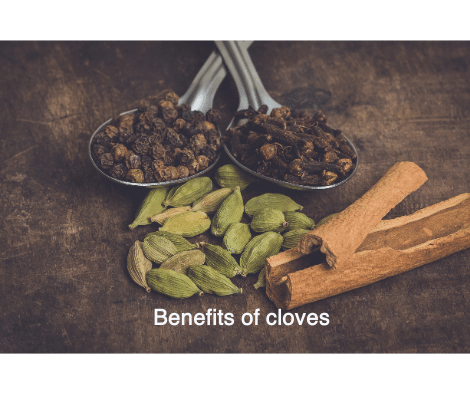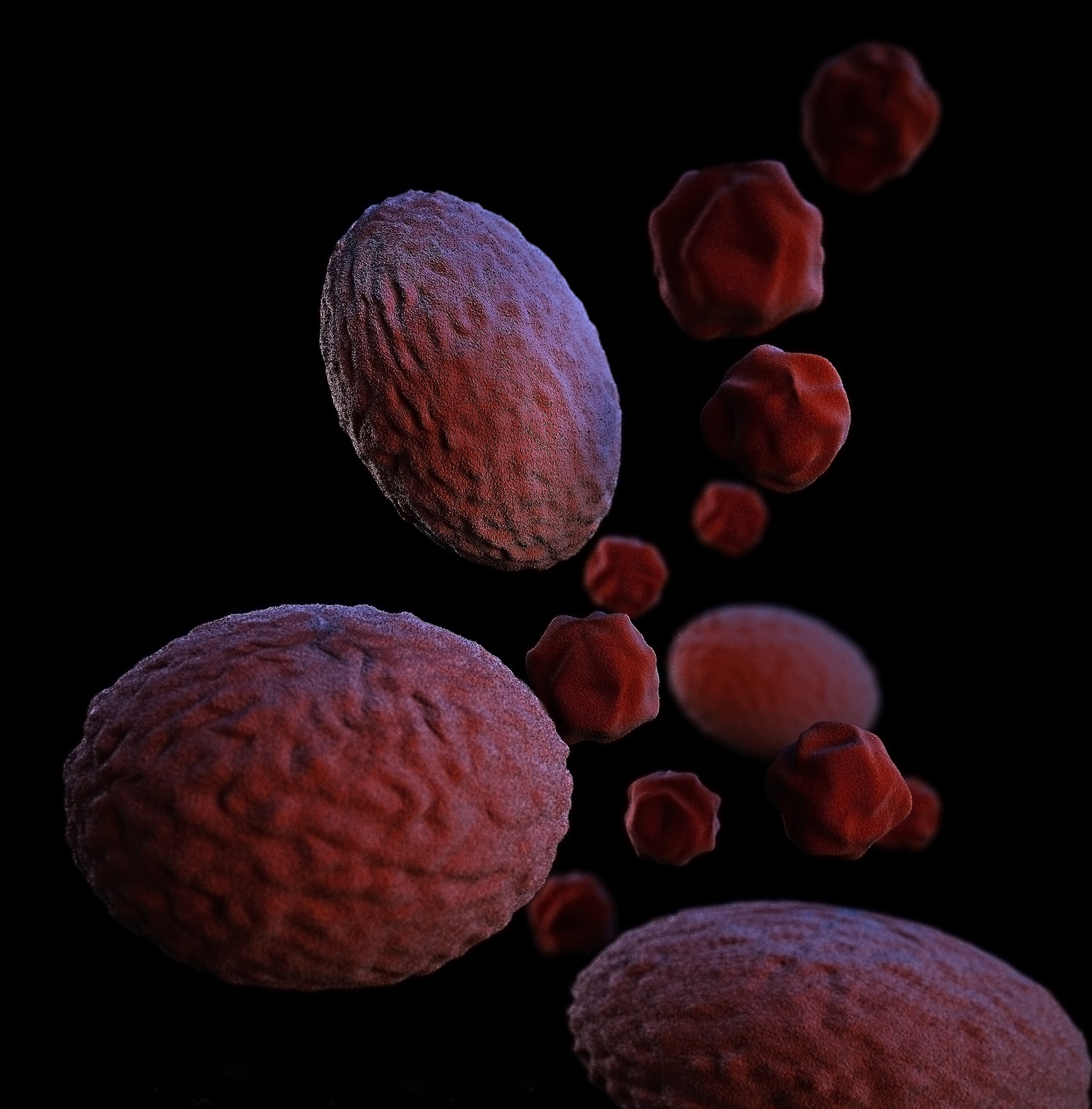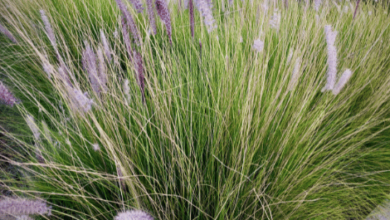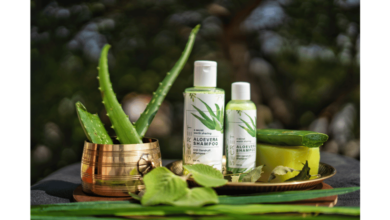Cloves and their health benefits

Cloves and their health benefits
–In this article, we will briefly get to know the clove herb, as we will present the great benefits of cloves, its benefits, and its importance in treating many diseases.
-We are exposed to how to combat it and its function as an antioxidant – an anti-inflammatory – an antibacterial – an antifungal – and the treatment of toothache and digestion.
We also show the importance of cloves, as it is an important producer of aromatic oils and nutrition and is considered one of the spices and flavours.
It is also useful in treating cholesterol diseases and preventing and reducing cancer. From arthritis, respiratory system treatment, arthritis and nerve pain.
Identifying cloves:
-It is one of the small types of spices in the shape of a nail.
-It is derived from an evergreen tree, and is usually used in cooking.
Nutrition experts believe that it has a major role in maintaining the health of the body and preventing diseases, as it contains antioxidant, antifungal, antibacterial, and antiviral properties, and is also considered an antiseptic and analgesic.
Where are cloves found:
-As for the place of its cultivation and its original source in Asia and South America.
What is the appropriate amount of carnival for the human body?
It is recommended that the daily serving of cloves not exceed 2.5 mg per kilogram of body weight, according to the World Health Organization, in order to ensure obtaining the necessary benefits without exposing the body to any harm.
Does cloves help improve digestion?
– Cloves play a role in promoting the digestive process by stimulating the secretion of digestive enzymes, and are also considered useful in reducing abdominal swelling, intestinal irritation, digestive difficulties, and nausea.
-Cloves can be roasted, ground, and then eaten with honey as a way to relieve digestive problems. Cloves have also been found to be effective in treating persistent diarrhea and intestinal worms.
Do cloves have antibacterial properties?
– Cloves have antibacterial properties, and clove spikes are considered strong enough to kill bacteria, and have been found to be effective against the bacteria that cause cholera.
Does cloves protect against cancer ?
– Many herbs and spices contain a high percentage of antioxidants (chemical compounds that play a role in reducing damage to cells that can cause cancer.
– It is said that only half a teaspoon of ground cloves contains a greater amount of antioxidants than half a cup of blueberries.
-In a laboratory experiment, scientists found that clove extract has the ability to slow the growth of multiple types of human cancer cells.
– Clove extract also showed an increase in the death of colon cancer cells.
-Also, the same study explored the effect of clove extract on the growth of tumors in mice, and we noticed that tumors developed significantly less in mice treated with clove extract compared to those in the control group which showed the great benefits of cloves…
-In a previous study, scientists studied the effect of different substances extracted from cloves on human breast cancer cells. The researchers concluded that clove essential oil and ethanol extracts extracted from cloves have a toxic effect on breast cancer cells.
Researchers have stated that cloves may play a beneficial role in the future of cancer treatment, as it can lead to cell death and slow cell reproduction, but so far, all experiments have been done on animals only, and no experiments have been conducted on humans to verify its effectiveness in fighting cancer, and therefore, It cannot be used as a substitute for approved cancer treatments.
Does cloves play a role in protecting the liver?
Nutritionists believe that the high concentration of antioxidants in clove seeds may protect the body’s cells, especially the liver, from the effects of free radicals. This still requires further studies and experiments, whether on animals or humans.
Does cloves have a role in controlling diabetes?
- – A study in mice found that clove extract and nigericin, a component of clove extract, may reduce insulin resistance in mouse muscle cells.
- – It was also shown that diabetic mice that consumed nigericin showed less insulin resistance, in addition to improved glucose tolerance, insulin secretion, and beta cell function.
- Another animal study was conducted to explore the effect of clove powder on diabetic rats. The researchers found that the blood sugar level was lower in rats that took clove powder compared to rats in the control group that did not receive the powder.
- The matter still needs more experiments on humans, and cloves should not be used as an alternative to drug treatments for diabetes, because this may expose the diabetic patient to many risks.
Does cloves play a role in maintaining bone health?
- Aqueous clove extract contains phenolic compounds such as eugenol and its derivatives, flavones, isoflavones, and flavonoids.
- Nutritionists believe that these compounds are particularly beneficial in maintaining bone density and bone structure and increasing bone strength in cases of osteoporosis.
- However, there are not enough studies to confirm this belief.
What are the health benefits of cloves for hair?
Cloves contain many minerals and vitamins that hair needs, and thus they have become an essential ingredient in the preparation of many hair care products.
Here are some benefits:-
- – Promote hair growth in a short time.
- – Restore shiny and vibrant hair.
- – Increase hair density.
- – Strengthening hair follicles and reducing problems of hair loss and split ends.
Do cloves have properties that resist genetic changes?
Mutations are modifications in the genetic structure of DNA, and one study published in the Journal of Agricultural and Food Chemistry indicates that biochemical compounds found in cloves, such as phenolpropanoids, may be able to control the effects of mutations on living organisms, but this study is only one, and to confirm the role of Cloves in the prevention of mutations require further studies.
Does cloves boost the immune system?
Nutritionists claim that dried clove flower buds contain compounds that help improve the immune system by increasing the number of white cells in the blood, but this is still just an assumption and expectations, and more experiments are needed to prove the role of cloves in strengthening the immune system.
Do cloves have anti-inflammatory and pain-relieving benefits?
Cloves have anti-inflammatory and pain-relieving properties. Studies on clove extracts tested on laboratory rats indicate that the presence of eugenol reduces inflammation and resulting swelling. Eugenol is also believed to have the ability to reduce pain by inhibiting pain receptors. This requires further studies in humans.
Can cloves be used to treat oral diseases?
- Researchers have studied clove oil as a natural way to maintain oral health due to its effect on plaque, gingivitis, and bacteria in the mouth.
- They also compared the effectiveness of mouthwashing using a solution consisting of clove, basil, and tea tree oil with the effectiveness of mouthwashing using commercially available mouthwash solutions, and it was found that the herbal solution is effective against plaque and gingivitis, which indicates the possibility that cloves can help reduce mouth inflammation. And bacteria.
- The researchers also discovered that rinsing the mouth with a solution containing cloves reduces the number of harmful bacteria more than commercial solutions.
- Cloves can also be used to treat gingivitis, according to research conducted at the Dental and Gum Institute at the University of Iowa in the United States. Cloves are considered useful in treating toothache due to their analgesic effect, as they contain a compound similar to benzocaine, and this compound is a local anesthetic.
Does cloves have an aphrodisiac effect?
According to Greek medical estimates and the experiments conducted on cloves, it has been shown that there are positive benefits in applying it as a treatment for some sexual problems, but does it really have a sexual stimulant property?
Does cloves have a role in treating and preventing acne?
Although tea tree oil (an essential oil) is better known as a natural acne treatment, clove oil is sometimes used to treat pimples. Although there are no clinical studies to support these claims, the antimicrobial properties of clove oil may It helps kill P. acnes bacteria, which plays a major role in the development of acne, and also works to eliminate bacteria on the surface of the skin that contribute to the development of acne.
Do cloves play a role in protecting against food poisoning?
- Studies published within 2009 found that clove bud oil can help prevent food poisoning. When clove oil was added to apple puree, scientists noted that clove bud oil could suppress the growth of the bacteria that causes food poisoning known as Listeria.
- However, cloves may cause some potential side effects such as skin irritation and certain adverse effects (such as heartburn, increased risk of bleeding, and low blood sugar levels) in some people. Therefore, generally, it is not recommended to ingest essential oils including clove oil, nor is it recommended to expose children to it.
- It draws attention to the importance of consuming cloves with caution and moderation for pregnant and breastfeeding women, as it can have a positive effect on pregnant women and fetuses. Some of the potential benefits of eating cloves include helping the fetus grow normally, strengthening its bones, and contributing to the development of the fetus’s nervous system. Cloves are an important source of vitamins (C and K).
- Eating cloves may improve nausea, vomiting, and headaches, enhance uterine muscle strength, and speed up the birth process. It can also improve the functioning of the digestive system thanks to its high percentage of dietary fiber.
- However, you must be careful when taking it, as it may cause bleeding during childbirth, change the taste of the milk, and make the baby angry.
- Cloves are an aromatic spice that is used to add great flavor to a variety of dishes. There are studies indicating that it may have potential medical benefits, but more research is urgently needed in this regard.
***The use of cloves should be discussed with your physician, and this applies to all herbal products.







